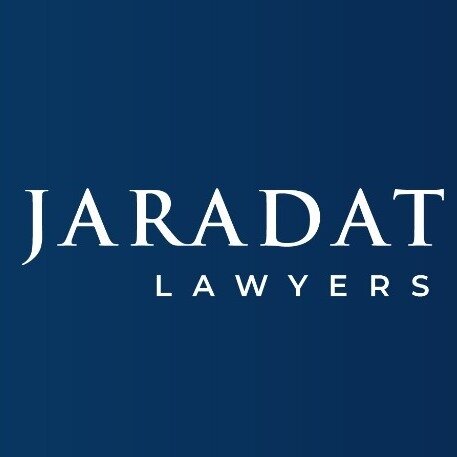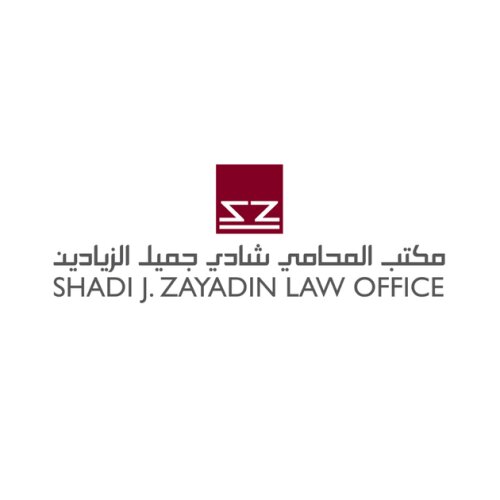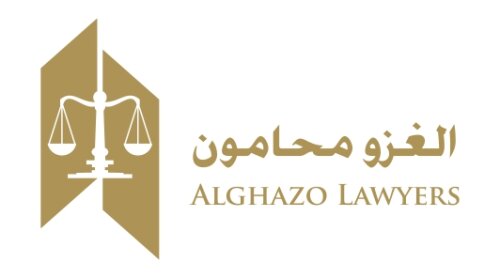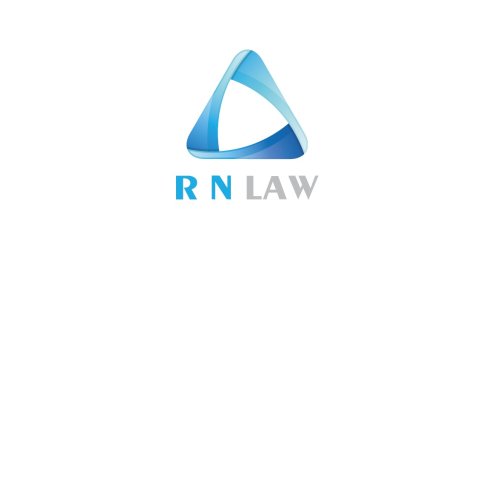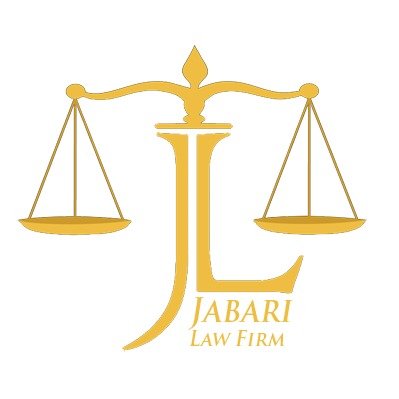Best Corporate & Commercial Lawyers in Hashemite Kingdom of Jordan
Share your needs with us, get contacted by law firms.
Free. Takes 2 min.
Or refine your search by selecting a city:
List of the best lawyers in Hashemite Kingdom of Jordan
About Corporate & Commercial Law in Hashemite Kingdom of Jordan
Corporate and commercial law in the Hashemite Kingdom of Jordan regulates the formation, operation, governance, and dissolution of businesses and commercial activities. As Jordan continues to attract both local and foreign investment, its legal framework aims to provide clarity, structure, and protection for companies and entrepreneurs. The Jordanian legal system incorporates statutes, regulations, and policies that address company formation, mergers and acquisitions, intellectual property, contracts, licensing, employment, and dispute resolution. As such, businesses operating in Jordan must be aware of their legal obligations and rights to ensure compliance and minimize potential risks.
Why You May Need a Lawyer
There are several circumstances in which individuals and businesses may need the assistance of a corporate and commercial lawyer in Jordan:
- Establishing a new company or branch in Jordan
- Drafting, reviewing, or negotiating commercial contracts and agreements
- Navigating foreign investment regulations
- Handling mergers, acquisitions, or business restructuring
- Ensuring compliance with local corporate governance requirements
- Protecting intellectual property such as trademarks, patents, and copyrights
- Dealing with employment matters, such as drafting employee contracts or resolving disputes
- Addressing commercial disputes, litigation, or arbitration
- Advising on tax implications related to corporate activities
- Liquidating or winding up a business
Professional legal advice provides peace of mind, ensures compliance with laws, and protects your interests in Jordan's dynamic commercial environment.
Local Laws Overview
Key aspects of corporate and commercial law in Jordan include:
- Company Formation: Jordan offers several types of legal entities, such as public shareholding companies, private shareholding companies, limited liability companies (LLCs), and foreign company branches. The process requires registration with the Companies Control Department (CCD) and meeting capital and documentation requirements.
- Foreign Investment: The Investment Law encourages foreign investment and outlines sectors open to foreign ownership, along with specific requirements and incentives. Some activities may require local partners or have restrictions.
- Corporate Governance: Companies must comply with the Companies Law No. 22 of 1997 and subsequent amendments, which set out rules for management, board meetings, shareholders, and disclosures.
- Commercial Contracts: Jordanian law recognizes both Arabic and English contracts, though Arabic prevails in case of dispute. Contracts must adhere to the Civil Code and Commercial Code, considering factors like validity, enforceability, and proper registration.
- Intellectual Property: Protection is provided under national laws and international treaties signed by Jordan. Registration is required to enforce certain rights.
- Taxation: Companies are subject to corporate income tax, sales tax, and other levies, each with specific rates and requirements.
- Employment Law: The Labor Law regulates employment contracts, work conditions, and end-of-service benefits. Compliance is essential for both local and expatriate staff.
- Dispute Resolution: Litigation is available through Jordanian courts, and arbitration is recognized for commercial disputes, especially those with an international element.
Understanding these core elements helps business owners navigate the legal landscape and avoid common pitfalls.
Frequently Asked Questions
What types of companies can be established in Jordan?
Common company structures in Jordan include limited liability companies (LLCs), private shareholding companies, public shareholding companies, and branches or representative offices of foreign companies.
What are the requirements for registering a business in Jordan?
Registration requires submitting incorporation documents to the Companies Control Department, specifying the business activity, providing identification for shareholders and managers, determining share capital, and paying registration fees.
Can foreigners own 100 percent of a company in Jordan?
Foreigners may own 100 percent of a company in many sectors; however, some activities or industries have limitations or conditions according to the Investment Law. Consulting with legal counsel ensures proper compliance.
Is it mandatory to have a Jordanian partner for business formation?
For some restricted sectors, a Jordanian partner is required. In most general commercial activities, full foreign ownership is possible. It depends on the nature of the business.
Are commercial contracts valid in English, or should they be in Arabic?
Contracts can be in either language, but an Arabic translation is recommended. In case of any dispute, the Arabic text will take precedence before Jordanian courts.
What are the common forms of dispute resolution?
Parties can resolve disputes through local courts or arbitration. Arbitration is common in commercial matters, especially with foreign parties, as Jordan is a party to the New York Convention.
How are intellectual property rights protected in Jordan?
Protection requires registration of trademarks, patents, and copyrights with the relevant authorities. Enforcement is available through civil and criminal procedures for infringement.
What are the main corporate taxes in Jordan?
Corporate income tax varies by industry, with standard rates around 20 percent, but banks and some sectors have higher rates. Other taxes include sales tax and social security contributions for employees.
Are there annual compliance requirements for companies?
Yes, companies must hold annual general meetings, submit audited financial statements, and file annual returns to the Companies Control Department.
How can I close or liquidate my company in Jordan?
Liquidation involves notifying authorities, settling liabilities, and distributing remaining assets. A formal process via the Companies Control Department is required, often with legal oversight.
Additional Resources
If you need more information or assistance, consider reaching out to the following:
- Companies Control Department (CCD) of the Ministry of Industry, Trade, and Supply
- Jordan Investment Commission
- Jordan Bar Association
- Amman Chamber of Commerce
- Amman Chamber of Industry
- Jordan Intellectual Property Association
- Ministry of Labor (for employment-related matters)
- Jordan Securities Commission
These organizations can provide guidance, documentation, and support for business owners and investors.
Next Steps
If you require legal assistance in corporate and commercial matters in Jordan, consider the following steps:
- Clearly define your business objectives and legal needs
- Gather all relevant documents and information
- Consult with a qualified lawyer who specializes in corporate and commercial law
- Verify your lawyer is licensed by the Jordan Bar Association
- Discuss your issues, expectations, and desired outcomes openly
- Follow your lawyer's advice for compliance and risk mitigation
- Stay informed about ongoing legal updates or regulatory changes that may affect your business
Taking these proactive steps will help you navigate Jordan's corporate and commercial legal framework with confidence and security.
Lawzana helps you find the best lawyers and law firms in Hashemite Kingdom of Jordan through a curated and pre-screened list of qualified legal professionals. Our platform offers rankings and detailed profiles of attorneys and law firms, allowing you to compare based on practice areas, including Corporate & Commercial, experience, and client feedback.
Each profile includes a description of the firm's areas of practice, client reviews, team members and partners, year of establishment, spoken languages, office locations, contact information, social media presence, and any published articles or resources. Most firms on our platform speak English and are experienced in both local and international legal matters.
Get a quote from top-rated law firms in Hashemite Kingdom of Jordan — quickly, securely, and without unnecessary hassle.
Disclaimer:
The information provided on this page is for general informational purposes only and does not constitute legal advice. While we strive to ensure the accuracy and relevance of the content, legal information may change over time, and interpretations of the law can vary. You should always consult with a qualified legal professional for advice specific to your situation.
We disclaim all liability for actions taken or not taken based on the content of this page. If you believe any information is incorrect or outdated, please contact us, and we will review and update it where appropriate.
Browse corporate & commercial law firms by service in Hashemite Kingdom of Jordan
Hashemite Kingdom of Jordan Attorneys in related practice areas.
Browse corporate & commercial law firms by city in Hashemite Kingdom of Jordan
Refine your search by selecting a city.




